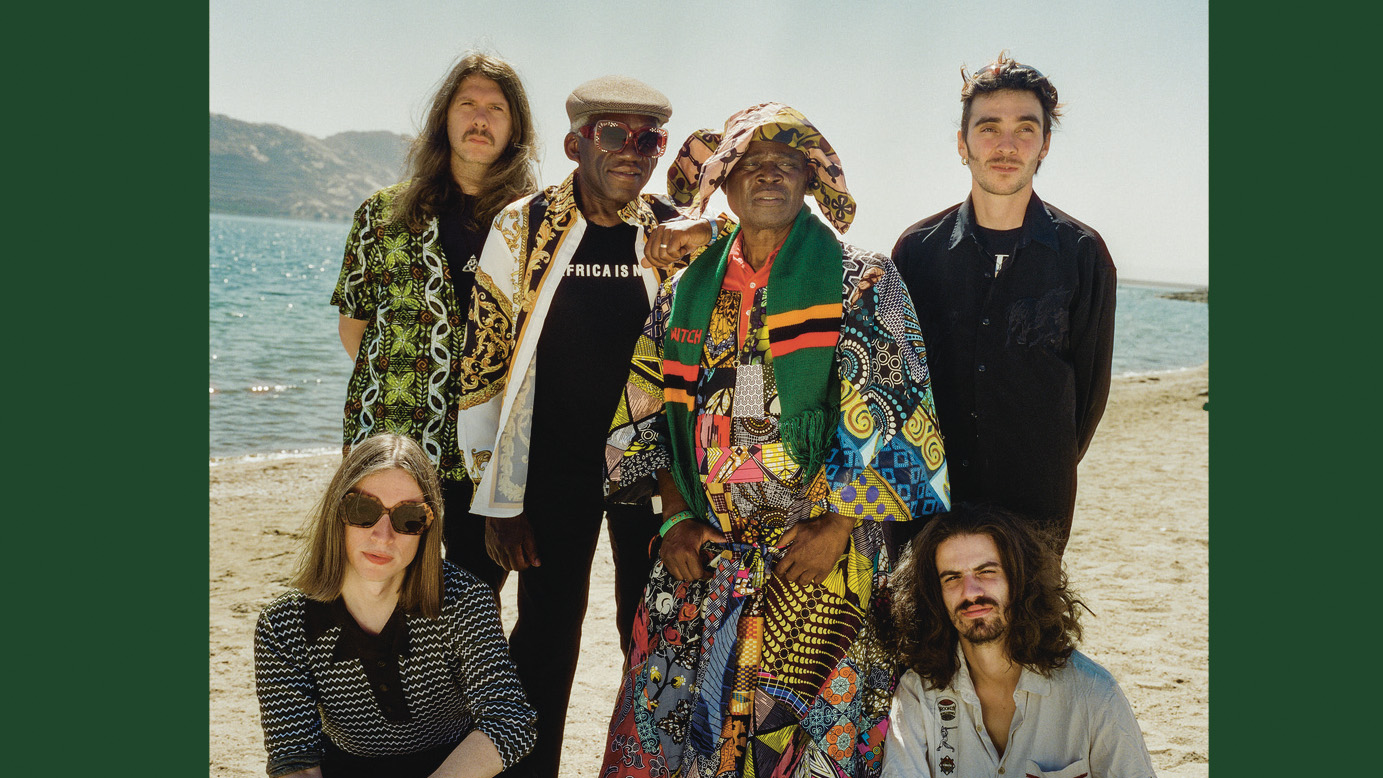In 1964, When Zambia gained independence from Great Britain, President Kenneth Kaunda was determined to galvanise a sense of national identity and pride, particularly in the younger generation. Many young Zambians at the time were optimistic, keen to be politically engaged and focused on self-development.
The UK radio stations they had been listening to had them hooked on the gritty, blues-steeped rock’n’roll of The Rolling Stones and The Who, but the new government introduced a new slogan, ‘one Zambia, one nation’, along with a mandate that 95 per cent of music played on local radio must be of Zambian origin. It was under these mercurial conditions that a new musical genre, Zamrock, began to percolate.
Your support changes lives. Find out how you can help us help more people by signing up for a subscription
Musicians in Zambia kept one ear firmly pointed west as the vivid psychedelic sounds of Hendrix and Led Zeppelin’s blues rock gained traction, but they were also eager to incorporate elements of traditional Zambian music into their playing. Zamrock interfused raw punchy guitar riffs and basslines with traditional rhythms led by the kalimba, the babatone and other indigenous instruments. By the time the late ‘60s came along, Zamrock had begun to take shape, and in 1971 a group emerged that elevated the genre conceptually as well as sonically; WITCH, an acronym for We Intend to Cause Havoc.
WITCH’s music is accessible, funky and danceable, but it bristles with hard-edged elements of garage rock and psych, often led by starkly honest and politically charged lyrics. Tracks like Living in the Past criticised the government’s policies of censorship and repression, and Feeling High, an ode to the pleasures of marijuana, were hits on Zambian radio. Their live shows became a space to let off steam – wild, raucous events which would sometimes last up to seven hours.
WITCH’s musical talent matched their stamina. Emmanuel ‘Jagari’ (a name picked in tribute to Mick Jagger) Chanda’s vocals are assertive and soulful, John Muma’s lead guitar was virtuosic, Hendrix-inspired but highly original. Boyd Sinkala’s drumming created a dynamic and propulsive groove that sounds as good on the radio as I imagine it did in a sweaty, packed-out music hall at 2am.









